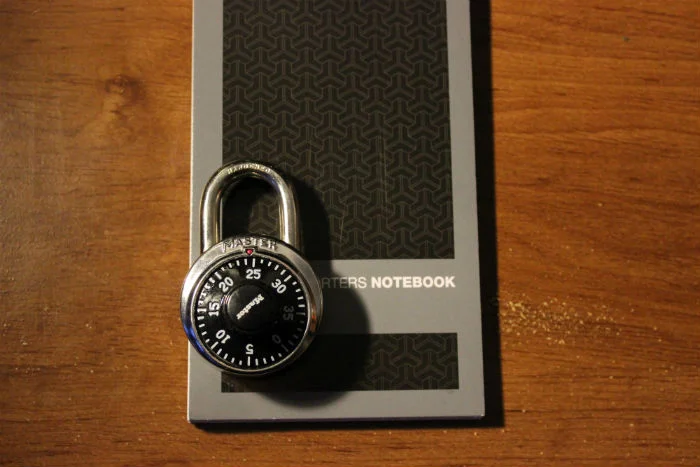Lessons learned from FOIA requests
We are now living in a time when facts are disputed, the press is seen as the enemy and some government agencies are trying to save previously publicly available data. The Freedom of Information Act (FOIA) is one of the most important and powerful tools that journalists have at their disposal.
For the past couple months, I’ve been filing requests nonstop. I’ve been filing requests FOIA with local, state and federal agencies for some investigative reporting projects. It’s not my first time filing a FOIA, but some of the recent requests have been the toughest to get fulfilled. I’ve had some success in securing the records I’ve sought, and some interesting failures and a few surprises.
Before filing anything, know the law and read the agency’s policies. It’ll save you time and effort before you file a FOIA that could be denied—like I did, unfortunately. Taking a moment to find relevant laws and agency policies also helps you tailor your request in a way that it’ll be fulfilled. You also should spend some time reading how each agency functions. What institutions do the oversee? What power do they have to enforce laws? Do the receive reports from agencies? Do they publish reports that could help you? Figuring that out first will also find out which agency has the records you’re seeking.
Once you know which agency has the info you want, make sure you write your request as specifically as you can. Think of timeframe, names, categories, etc. Is there a source who knows exactly where those records are? If you’ve been reporting on a particular beat for a while, ask your sources within the agency know of what records you’re seeking.
I’m always balancing quicker, 300- to 800-word stories with longer 1,500- to 2,300-word short features. So with so much going on, I find it helpful to set reminders in my Google calendar for deadlines or follow-ups for FOIA requests. Agencies will often be required to send requested within 20 days or so as well as sending an acknowledgment that they’ve your request. Look at their FOIA guidelines to see when you’ll likely receive the response. Hang on to the FOIA officer’s or press representative’s phone number to follow up on your FOIA request. Be prepared to be a pest if necessary.
If your request is denied, pay close attention to the laws or reasoning given. If you think the denial is unreasonable, see what steps you need to take have the denial reviewed. If your request is fulfilled and an important part is redacted, consider whether or not you need to consult a lawyer. More often than not, there are unnecessary redactions made to documents. It may take time and money to challenge it, so see if the information that was redacted can be retrieved in another way first.
The bottom line is, the FOIA request is an invaluable tool for obtaining hidden information. I plan on taking advantage of it in order to hold institutions accountable. And I strongly suggest you do the same.
Here are more FOIA resources:
FOIA resources from the Investigative Reporters and Editors
Lessons from Buzzfeed ‘FOIA terrorist’ (via Poynter)
What are some of your FOIA resources? Leave a comment or send me an email to contact@thefreelancebeat.com.





